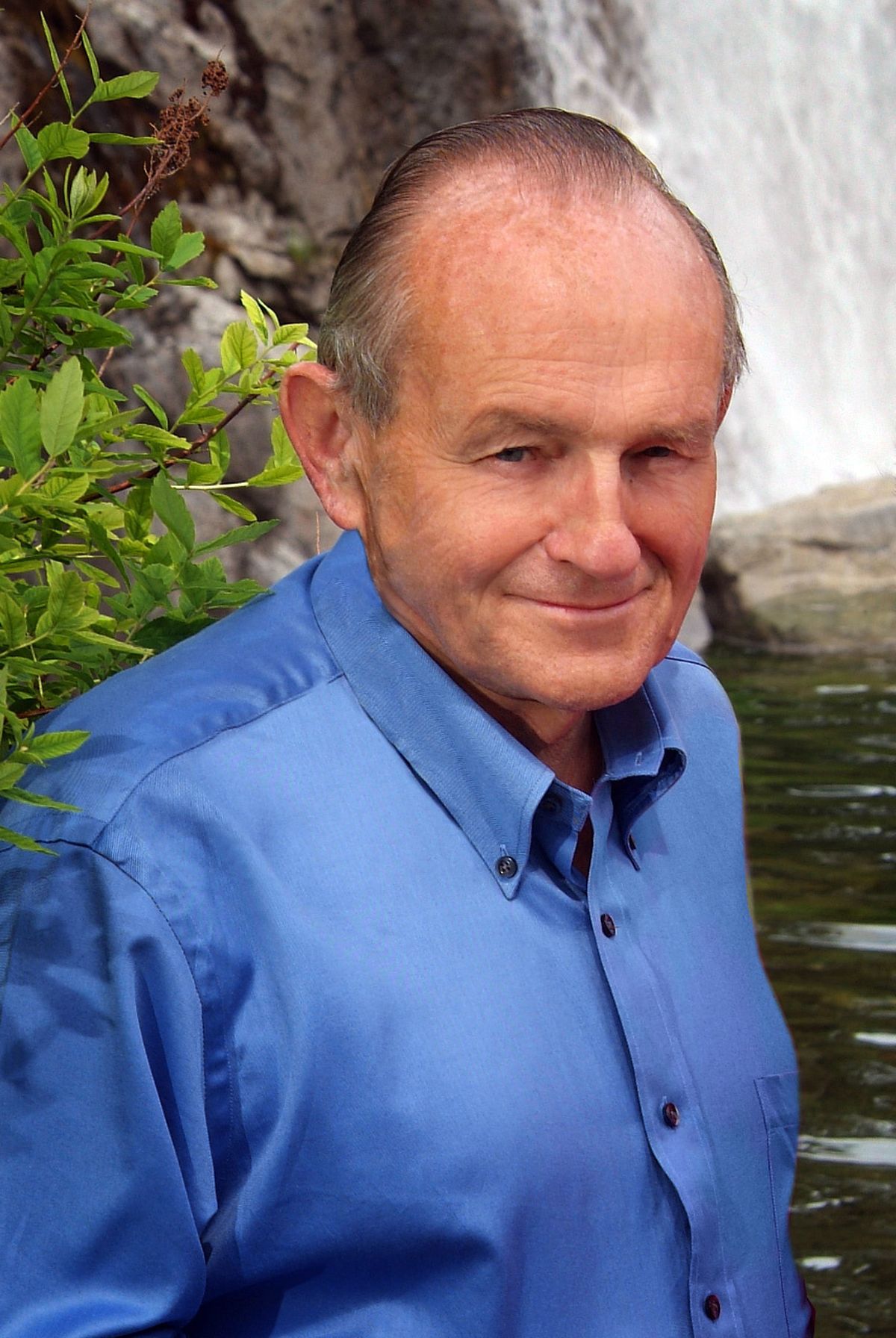Creach family files civil rights lawsuit

The family of a Spokane Valley pastor killed last year by a sheriff’s deputy has filed a federal civil rights lawsuit.
The lawsuit filed Friday by the family of Pastor Wayne Scott Creach contends that he was deprived of his civil rights when he was fatally shot by Deputy Brian Hirzel late on Aug. 25, 2010. In addition to Hirzel, the suit names Sheriff Ozzie Knezovich and Spokane County as defendants, alleging that Hirzel was improperly trained and that county officials ignored evidence in backing his account of the shooting.
Specifically, the lawsuit alleges that the county violated Creach’s rights under the Fourth Amendment, which prohibits illegal searches and seizures, and the 14th Amendment, which says no citizen can be deprived of life, liberty or property without due process of law.
Without specifying an amount, the lawsuit asks that a jury award punitive damages, attorneys’ fees and other costs.
Robert Crary, one of two attorneys representing the Creach family, said the case is about “the family trying to get some closure on this, raising awareness, getting some questions answered and most of all, making sure something like this doesn’t happen again.”
Hirzel shot Creach in the parking lot of The Plant Farm, Creach’s greenhouse business in Spokane Valley. Hirzel had pulled into the parking lot at 14208 E. Fourth Ave. to watch for activity in the neighborhood in response to a neighbor’s call.
Woken by the noise of the unmarked patrol car, the founder of Greenacres Baptist Church armed himself with a .45-caliber handgun and a flashlight. Investigators would later determine that while the gun was loaded, there was no cartridge in the chamber.
Wearing pants and slippers but no shirt, the 74-year-old pastor went out to investigate.
Hirzel later told investigators that he repeatedly ordered Creach to drop the gun as he approached the patrol car, but Creach refused. Hirzel said Creach eventually put the gun in the back waistband of his pants. Hirzel said he then ordered Creach onto the ground and, when the older man refused, hit him on the left knee with his police baton.
Creach buckled but did not go down, Hirzel reported. Creach then reached for the gun in his waistband with his right hand and the deputy fired his own 9 mm handgun into Creach’s chest.
Creach was dead within minutes.
The Sheriff’s Office does not comment about lawsuits, said spokesman Sgt. Dave Reagan.
The lawsuit takes exception to many of the details in Hirzel’s account. Crary and attorney Richard Wall note that neighbors said they did not hear the officer shouting any commands before they heard the gunshot. The lawsuit contends that the downward angle of the bullet and other physical evidence suggests that Creach was kneeling or crouching when Hirzel shot from extremely close range – not standing at a distance of 6 feet, as the deputy told investigators.
Hirzel shot “before Mr. Creach had any opportunity to identify himself or indicate his intentions. At no time did Mr. Creach do or say anything to indicate that he was a threat to Hirzel or that he intended to harm Hirzel,” the attorneys wrote in the lawsuit. “No reasonable officer in Hirzel’s position would have believed that the use of deadly force against Mr. Creach was objectively reasonable or justified under the circumstances known to Hirzel at the time.”
Officers’ actions immediately after the shooting added to the family’s grief, the suit alleges. Imogene Creach ran to the parking lot after hearing the shot and saw her dying husband, his blood seeping into the gravel. She soon was joined by other family members.
“The family pleaded with officers to be allowed to tend to and comfort the dying Mr. Creach,” but were not allowed near him, the suit claims. “Mr. Creach’s body was left in the parking lot until the following morning.”
The suit notes that Hirzel wasn’t formally interviewed until nine days after the shooting, because he went on a previously arranged vacation to Montana and Las Vegas. That delay later prompted Knezovich to drop a policy that had required investigators to wait 72 hours before formally interviewing an officer involved in a shooting.
The internal investigation concluded that Hirzel had followed department protocol and cleared him of any criminal wrongdoing.
The lawsuit contends that Creach had no way of knowing it was a police car he was approaching, and that deputies should not park on private property without the owner’s knowledge.
Crary said the timing of the lawsuit has nothing to do with the recent high-profile conviction of Spokane police Officer Karl F. Thompson for using excessive force and obstructing justice over the 2006 death of Otto Zehm.
“There are some similarities (in the cases), but in many ways they’re different. Our case will speak for itself,” Crary said. “The timing, I don’t know if it’s fortunate or unfortunate, but maybe it’s a sad commentary on law enforcement to have so many issues going on at once.”